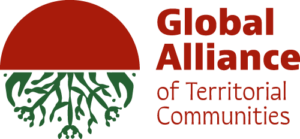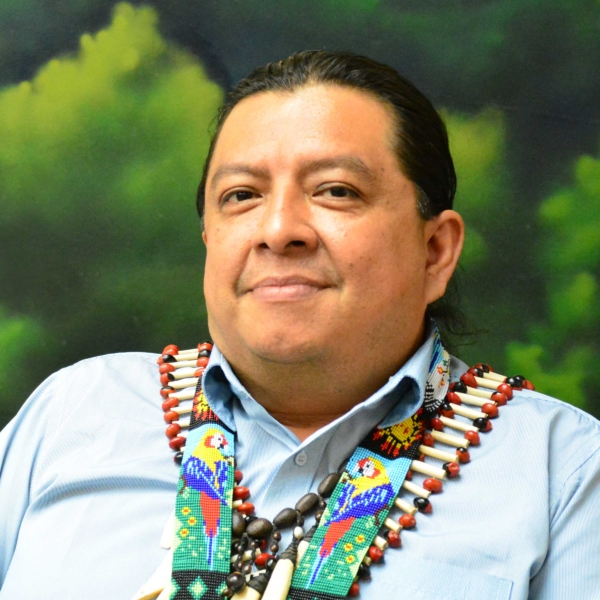Our Goals
During New York Climate Week 2023, we, Indigenous Peoples and Local Communities, are at the forefront of the environmental preservation movement.
Our mission is clear: we aim to prioritize our voices in climate discussions. We advocate for policies that honor our traditional knowledge, protect our rights, address violence on our lands, and increase funding for our communities.
We are coming together with leaders from our territories to take our messages and proposals to all discussions concerning our territories.
Shandia is the name of our common platform that we created to facilitate direct funding to the territories of our peoples and communities for actions that combat climate change, conserve biodiversity and sustain our rights and self-determined development. Throughout the week we will lead on advocacy efforts to challenge the existing climate financing systems and ensure resources reach the peoples protecting biodiversity in the richest territories.
We aim to amplify our voices globally by emphasizing our deep connection to the land, rich traditional knowledge, and sustainable practices. Our delegation connects high-level talks with on-the-ground realities, representing rainforest regions worldwide. We seek allies among institutions in the field and engaged citizens to ensure our perspectives are respected in discussions about our territories.
Our goal is to raise global awareness about criminalization and violence affecting our communities and territories, highlighting its impact on our guardianship role and the protection of key biodiversity. We want to address the responsibility states and corporations have in perpetuating violence and environmental destruction. Leveraging partnerships with research institutes and human rights organizations we reveal hidden links between corporate interests and our violent experiences.
photo: Rachel Elkind
Program
Our program represents the voices and aspirations of Indigenous Peoples and Local Communities, advocating for our rights and the preservation of our ancestral territories.
March to End Fossil Fuels
12:30 pm
52nd Street & Broadway
Join our delegation as we participate in the march and rally calling for a world free of Fossil Fuels that harm our ancestral lands.
We Can, We Will, We Are Driving Climate Action
9:00 am
Climate Group hosted panel with Rukka Sombolinggi, Secretary General of the Indigenous Peoples’ Alliance of the Archipelago (AMAN).
Financing the Green Economy: Financing Climate Justice, Taking Stock for a Sustainable Future
11:55 am
Climate Group hosted panel with Levi Sucre, General Coordinator of the Mesoamerican Alliance of Peoples and Forests (AMPB).
Farming for the Future: Sustainable Agriculture and an End to Deforestation
11:55 am
Climate Group hosted panel with Sara Omi, representative of the Global Alliance’s Women’s Movement.
Rights, Participation & Benefits for Indigenous Peoples
9:00 am
Private participation at the Rights, Participation and Benefits for Indigenous Peoples and Local Communities in Forest Climate Finance discussion by the Forest and Climate Leaders Partnership (FLCP).
From Vision to Action: Shaping Direct Financing for Indigenous Peoples and Local Communities
3:00 pm
Ford Foundation
GATC hosted event to speak on the Shandia Platform’s plans and achievements in the realm of direct financing.
Costa Rican Permanent Mission to the United Nations
6:30 pm
High Level event for Nature and People: From Ambition to Action.
United Nations General Assembly Food Day
8:30 am
Rockefeller Foundation
Participation in the United Nations General Assembly Food Day
Path to Scale
9:00 am
Ford Foundation
Path to Scale meeting, convened by the Rights and Resources Initiative (RRI).
Forests, Nature & Climate
6:00 pm
High Level Reception on Forests, Nature & Climate convened by the Forest & Climate Leaders Partnership (FCLP).
Advancing Rights-based Approaches to Area Conservation
8:30 am
Ford Foundation
Event co-hosted by the Rights and Resources Initiative (RRI) and the Global Alliance.
In Search of Ambitious Collaboration
6:30 pm
Evening reception hosted by the Global Alliance of Territorial Communities to convene allies of Indigenous Peoples and Local Communities in search of ambitious collaboration.
H.E. Razan Al Mubarak
1:00 pm
Meeting with H.E. Razan Al Mubarak – UN Climate Change High-Level Champion.
The Shed
5:00 pm
Our Village, a space for Indigenous Peoples and Local Communities to share their stories and demands.
The Shed
10:00 am
Our Village, a space for Indigenous Peoples and Local Communities to share their stories and demands.
photo: Rachel Elkind
Press
Explore our dedicated section featuring news articles that highlight our participation during New York Climate Week.
Los defensores de las selvas
El País
Debemos recordarle a los Estados los compromisos que han firmado por el bienestar y por el cuidado de este planeta
Mongabay
Why Native Women’s Voices Are Crucial to Saving Brazil’s Forests
Yale Environment 360
Why are nature protection funds not reaching indigenous peoples?
Thomson Reuters
If you’d like to interview our delegates please email email hidden; JavaScript is required or email hidden; JavaScript is required
To keep up with news from the indigenous and local community guardians, sign up here.
Contact us
General inquiries:
email hidden; JavaScript is required
Press & media:
email hidden; JavaScript is required
Rainforest Foundations US is our fiscal sponsor. For any letters and parcels, please direct to:
Rainforest Foundation US
P.O. Box 26908
Brooklyn, NY 11202
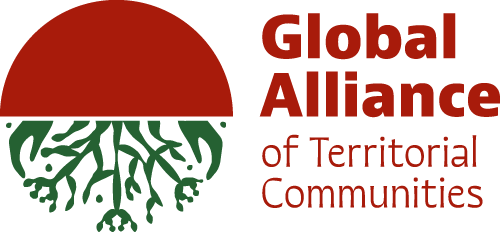
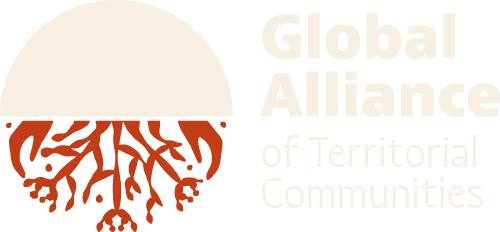
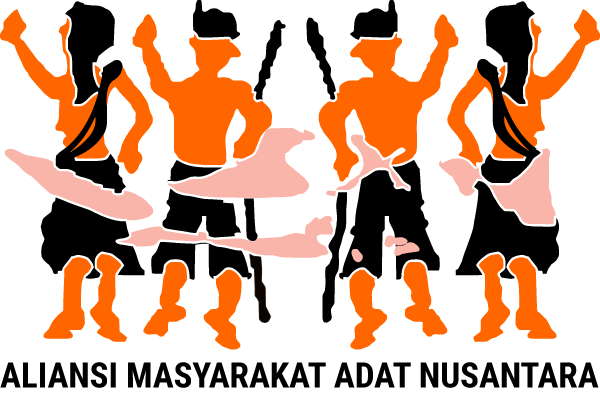

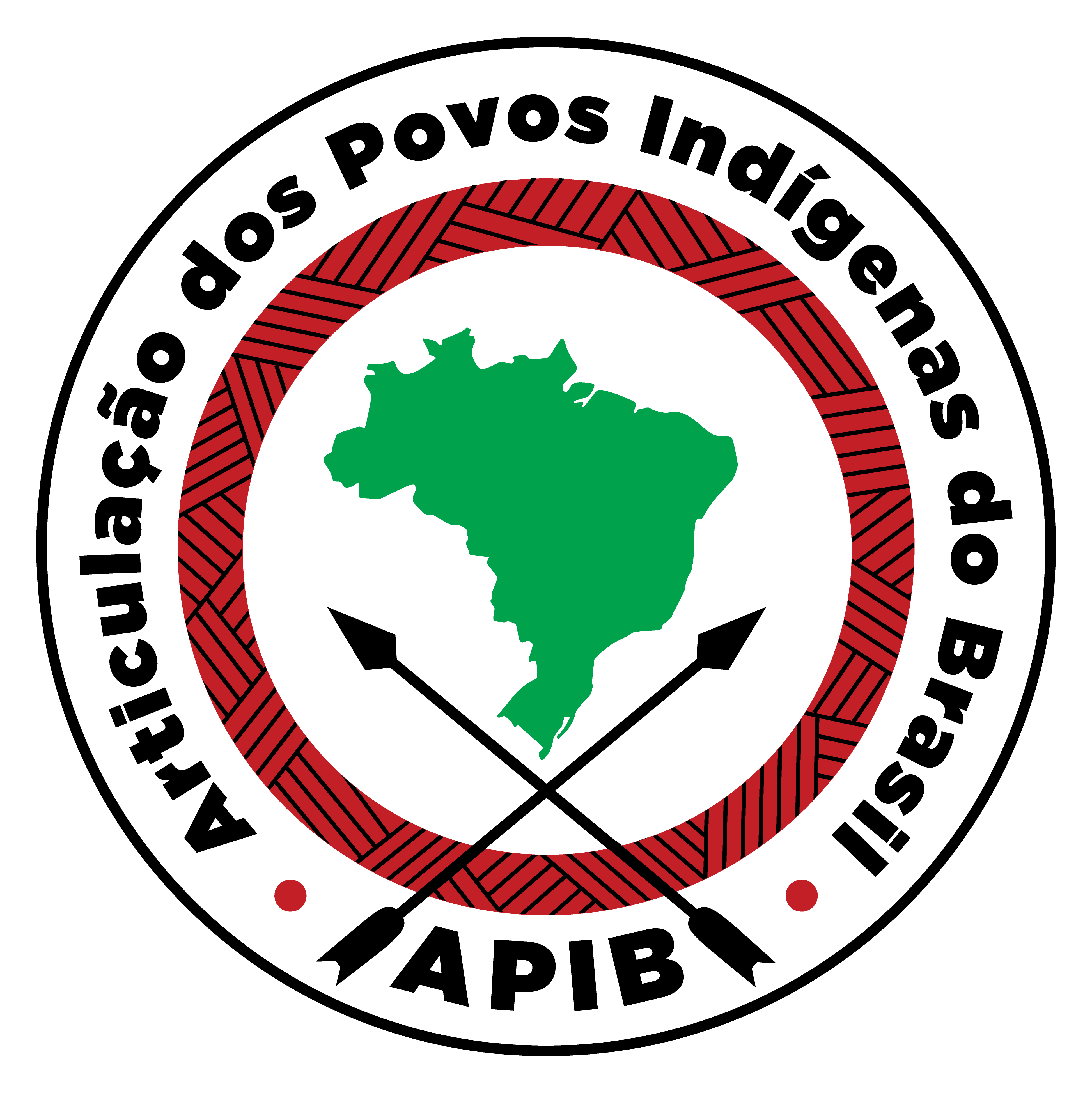
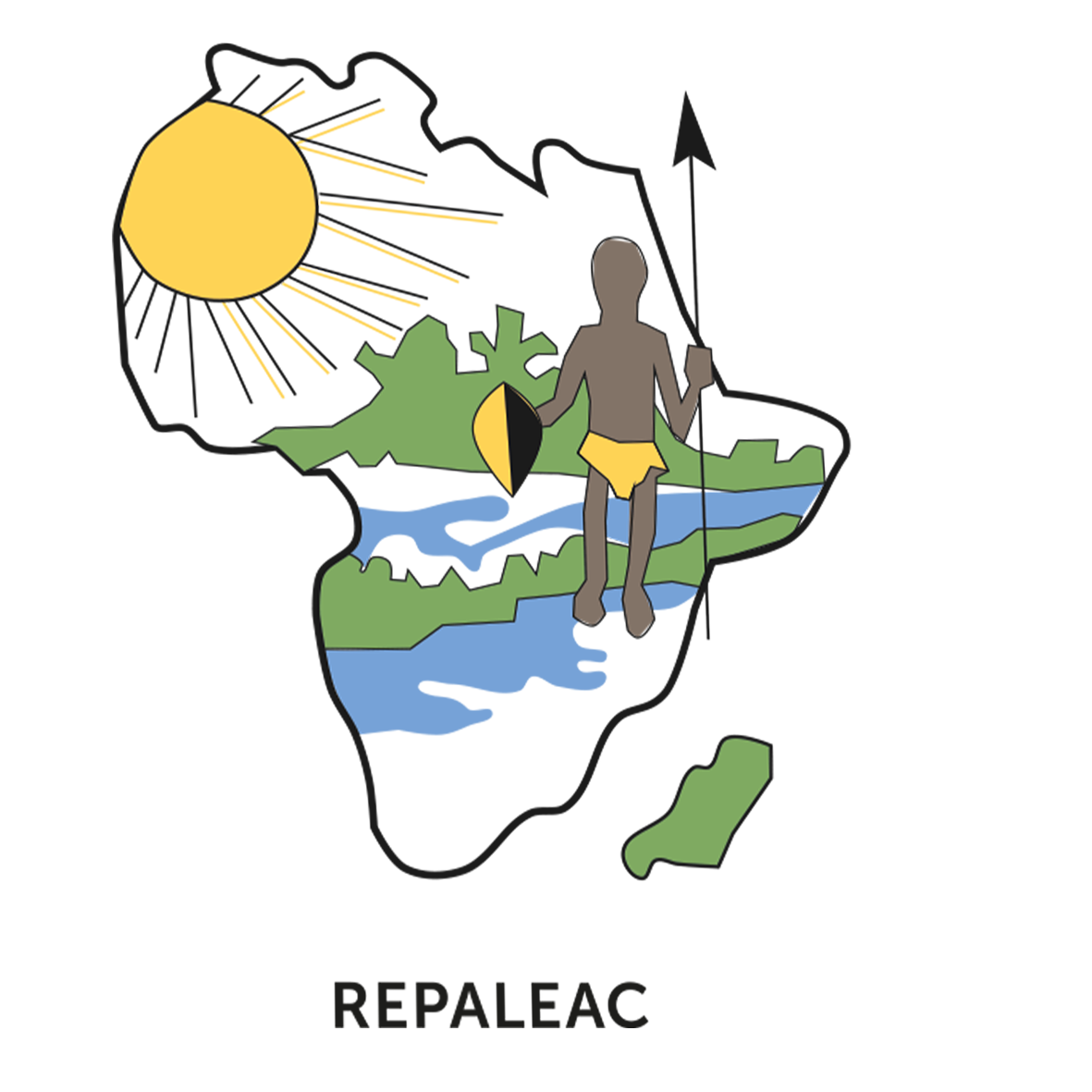
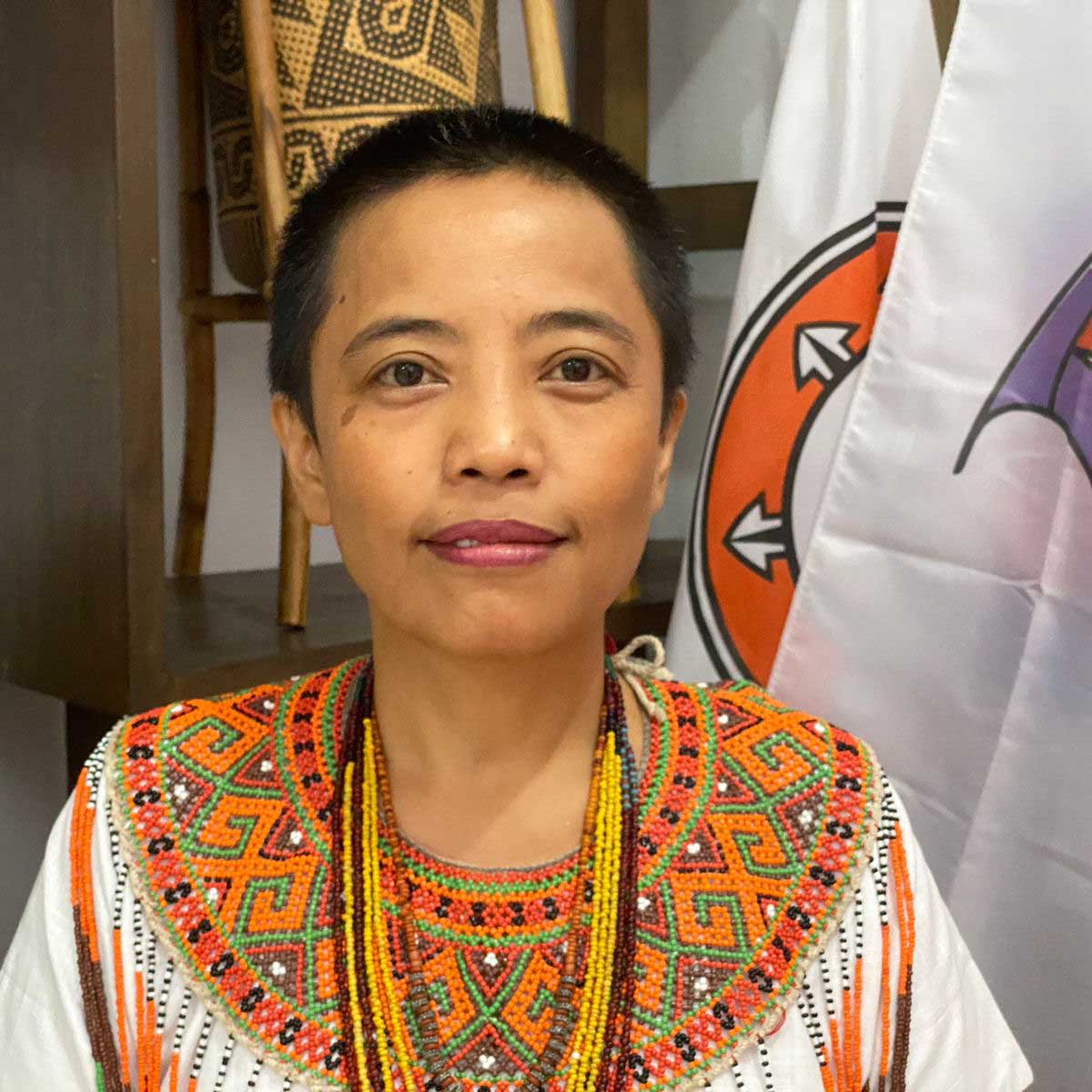
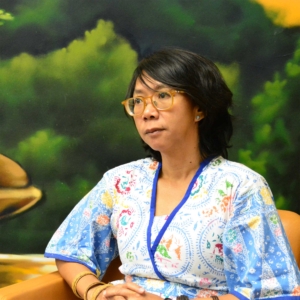 Mina Susana Setra, an indigenous leader (Dayak Pompakng) from West Kalimantan, Indonesia, currently serves as the Deputy to Secretary General of Indigenus People’s Alliance of the Archipelago (AMAN) on Social Culture Affairs, the world’s largest indigenous organization. Over 18 years, she has been actively involved in indigenous issues at local, national, and international levels.
Mina Susana Setra, an indigenous leader (Dayak Pompakng) from West Kalimantan, Indonesia, currently serves as the Deputy to Secretary General of Indigenus People’s Alliance of the Archipelago (AMAN) on Social Culture Affairs, the world’s largest indigenous organization. Over 18 years, she has been actively involved in indigenous issues at local, national, and international levels. Monica Ndoen, an indigenous leader from Rote, Indonesia, is the special envoy to AMAN’s Secretary-General. She’s dedicated 8 years to advocating for Indigenous Peoples’ rights in Indonesia, collaborating with government teams, including NHRI and Ministry of Environment and Forestry. She’s also an indigenous fellow with UN OHCHR, completing her legal studies in 2013.
Monica Ndoen, an indigenous leader from Rote, Indonesia, is the special envoy to AMAN’s Secretary-General. She’s dedicated 8 years to advocating for Indigenous Peoples’ rights in Indonesia, collaborating with government teams, including NHRI and Ministry of Environment and Forestry. She’s also an indigenous fellow with UN OHCHR, completing her legal studies in 2013.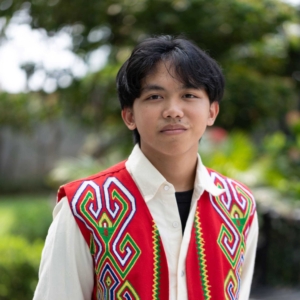 Kynan Tegar, an 18-year-old Dayak Iban from Sungai Utik, West Kalimantan, Indonesia, is a photographer and filmmaker. He captures the wisdom of his village’s elders, their resistance against deforestation, and their daily lives through emotive imagery and short films. His work emphasizes traditional knowledge and the importance of harmony with nature.
Kynan Tegar, an 18-year-old Dayak Iban from Sungai Utik, West Kalimantan, Indonesia, is a photographer and filmmaker. He captures the wisdom of his village’s elders, their resistance against deforestation, and their daily lives through emotive imagery and short films. His work emphasizes traditional knowledge and the importance of harmony with nature.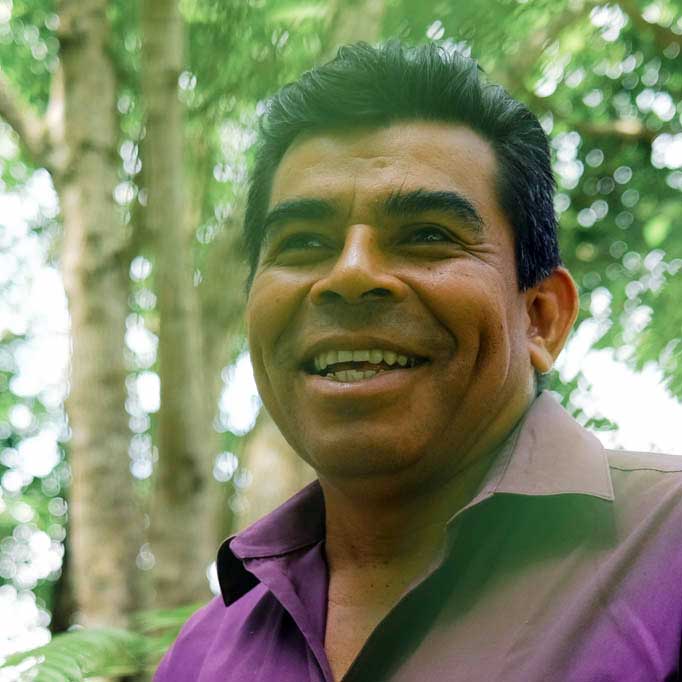
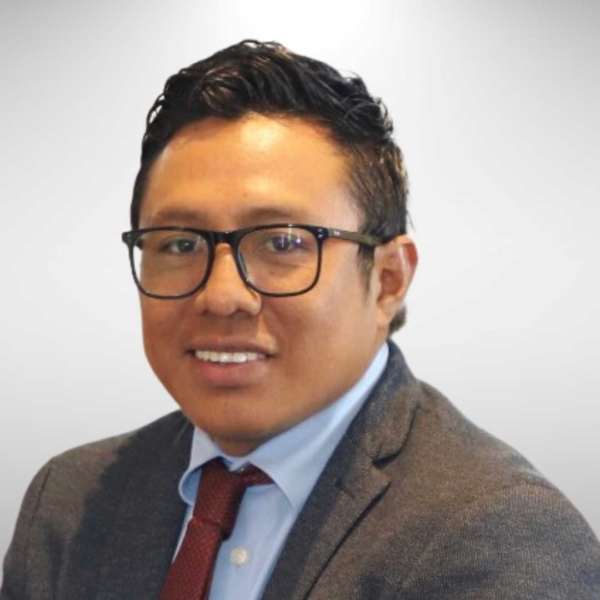 Giuseppe Olo Villalaz, hailing from the Usdub community in Comarca Gunayala, Panama, possesses a degree in Business Administration and over 10 years of experience in Indigenous Peoples’ rights and Climate Change issues. He serves as a substitute representative on the Boards of Directors for AMPB and the Mesoamerican Territorial Fund, and he’s the founder of the platform TV Indígena, dedicated to showcasing Indigenous Peoples of Abya Yala.
Giuseppe Olo Villalaz, hailing from the Usdub community in Comarca Gunayala, Panama, possesses a degree in Business Administration and over 10 years of experience in Indigenous Peoples’ rights and Climate Change issues. He serves as a substitute representative on the Boards of Directors for AMPB and the Mesoamerican Territorial Fund, and he’s the founder of the platform TV Indígena, dedicated to showcasing Indigenous Peoples of Abya Yala. Marco Aurelio Chávez Coyoy, a Maya K’iche’ community member in Guatemala, presently coordinates the legal department at Utz Che’, the Community Forestry Association of Guatemala. With over a decade of experience, he supports local communities and indigenous peoples in securing their rights, particularly in accessing forestry incentives. Additionally, he created the Transparency and Access to Public Environmental Information (TAIPA) methodology for social audits on environmental, forestry, and agricultural matters.
Marco Aurelio Chávez Coyoy, a Maya K’iche’ community member in Guatemala, presently coordinates the legal department at Utz Che’, the Community Forestry Association of Guatemala. With over a decade of experience, he supports local communities and indigenous peoples in securing their rights, particularly in accessing forestry incentives. Additionally, he created the Transparency and Access to Public Environmental Information (TAIPA) methodology for social audits on environmental, forestry, and agricultural matters.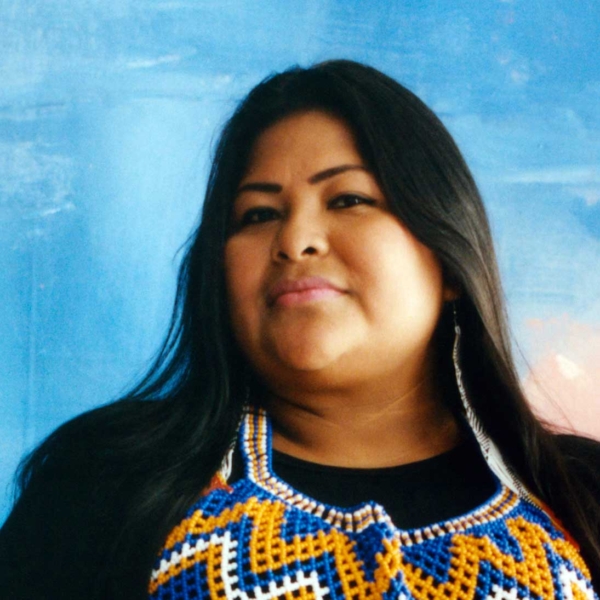 Sara Omi, an Emberá Lawyer and Indigenous Rights advocate in Panama, founded AMARIE-Emberá to empower Emberá women through traditional knowledge preservation. She serves as President of the Territorial Women Leaders in the Mesoamerican Alliance of Peoples and Forests (AMPB) and represents women in the Global Alliance of Territorial Communities. Sara is a two-time Forbes “100 most powerful women in Central America” honoree and Panama’s Empowerment Plan Coordinator for Indigenous Women.
Sara Omi, an Emberá Lawyer and Indigenous Rights advocate in Panama, founded AMARIE-Emberá to empower Emberá women through traditional knowledge preservation. She serves as President of the Territorial Women Leaders in the Mesoamerican Alliance of Peoples and Forests (AMPB) and represents women in the Global Alliance of Territorial Communities. Sara is a two-time Forbes “100 most powerful women in Central America” honoree and Panama’s Empowerment Plan Coordinator for Indigenous Women.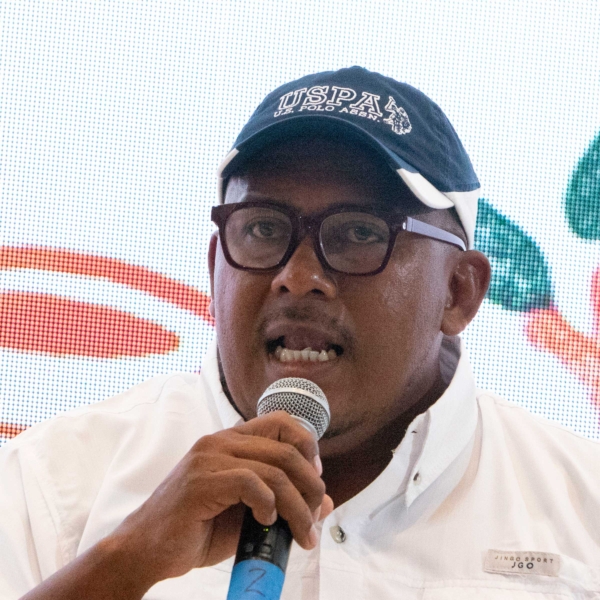 Elvis Antonio Greham, a Miskitu indigenous leader from Honduras, presides over MASTA, the highest Miskitu organization, uniting 12 legally recognized territorial councils. With 23 years as a primary education teacher, he’s been an indigenous leader for 8 years, including a term as Vice President of the Auhya yari territorial council and currently leads MASTA.
Elvis Antonio Greham, a Miskitu indigenous leader from Honduras, presides over MASTA, the highest Miskitu organization, uniting 12 legally recognized territorial councils. With 23 years as a primary education teacher, he’s been an indigenous leader for 8 years, including a term as Vice President of the Auhya yari territorial council and currently leads MASTA.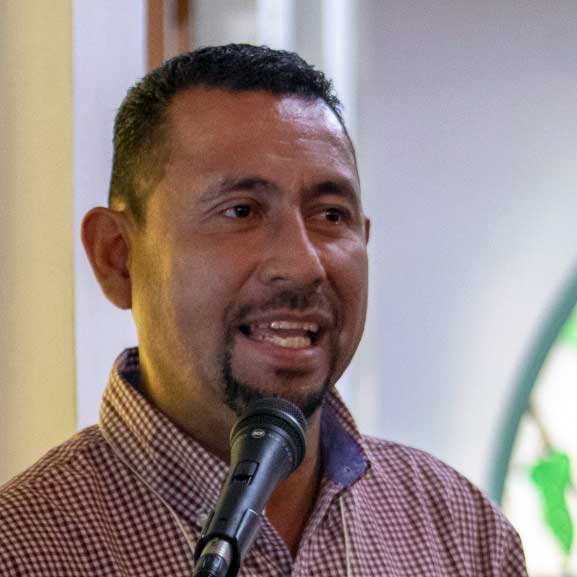 Guatemala, Sergio Guzmán, originally from Petén, has a Master’s degree in forest management in tropics and subtropics, as well as a diploma degree in Techniques and Strategies for the Conservation of Nature. With more than 16 years of experience working with forest communities in the Maya Biosphere Reserve (MBR), in which he specializes in community forest management, climate change mitigation, forest audits and management and monitoring of forestry projects. In addition, he has experience in forest carbon audits (validation/verification). Holds 15 years of experience in the Petén region, is an elected member of the World Bank’s FCPF Participants Committee and is currently the Manager of the Guatecarbon REDD+ Project.
Guatemala, Sergio Guzmán, originally from Petén, has a Master’s degree in forest management in tropics and subtropics, as well as a diploma degree in Techniques and Strategies for the Conservation of Nature. With more than 16 years of experience working with forest communities in the Maya Biosphere Reserve (MBR), in which he specializes in community forest management, climate change mitigation, forest audits and management and monitoring of forestry projects. In addition, he has experience in forest carbon audits (validation/verification). Holds 15 years of experience in the Petén region, is an elected member of the World Bank’s FCPF Participants Committee and is currently the Manager of the Guatecarbon REDD+ Project.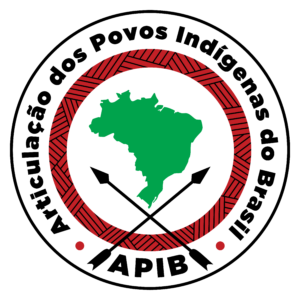
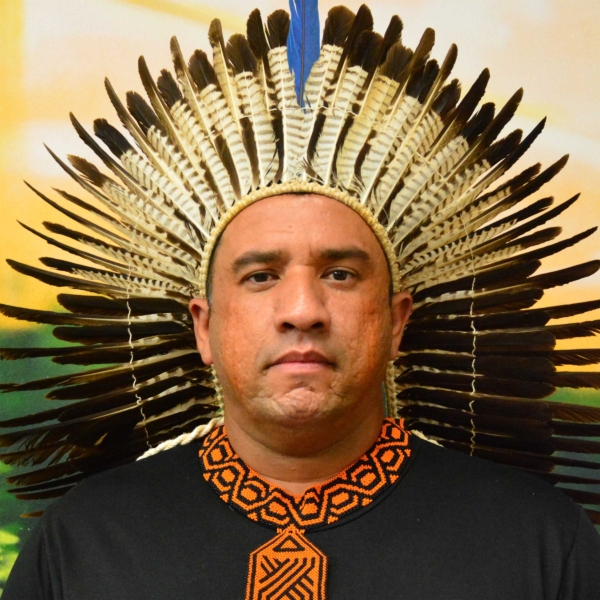
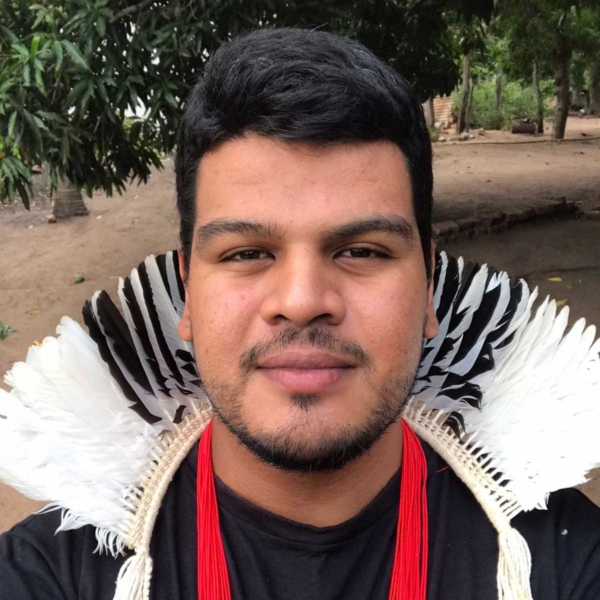
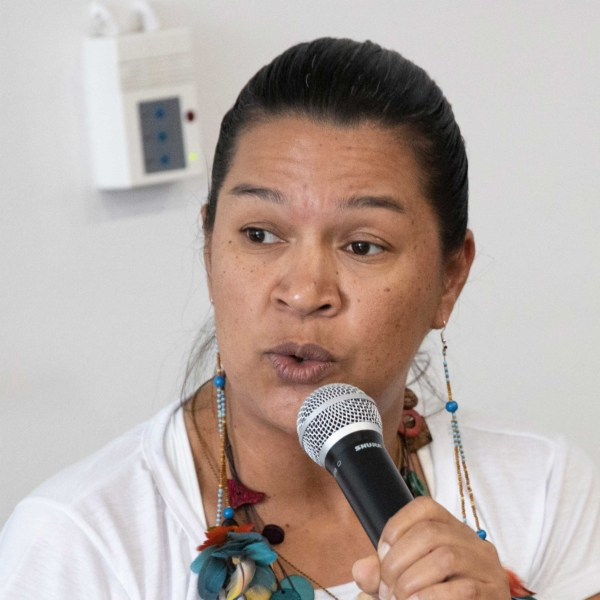 Cristiane Julião, from the Pankararu peoples of Brazil, holds a Geography degree from CESVASF/PE and is pursuing a Master’s and Ph.D. in Social Anthropology at the National Museum/UFRJ. Her research focuses on Indigenous Legal Anthropology at national and international levels. She is associated with the Articulation of Indigenous Peoples of Brazil (APIB) and co-founded the National Articulation of Indigenous Women Ancestrality Warriors (ANMIGA). Cristiane represents CNPI in CGen and the Chamber of Guardians.
Cristiane Julião, from the Pankararu peoples of Brazil, holds a Geography degree from CESVASF/PE and is pursuing a Master’s and Ph.D. in Social Anthropology at the National Museum/UFRJ. Her research focuses on Indigenous Legal Anthropology at national and international levels. She is associated with the Articulation of Indigenous Peoples of Brazil (APIB) and co-founded the National Articulation of Indigenous Women Ancestrality Warriors (ANMIGA). Cristiane represents CNPI in CGen and the Chamber of Guardians.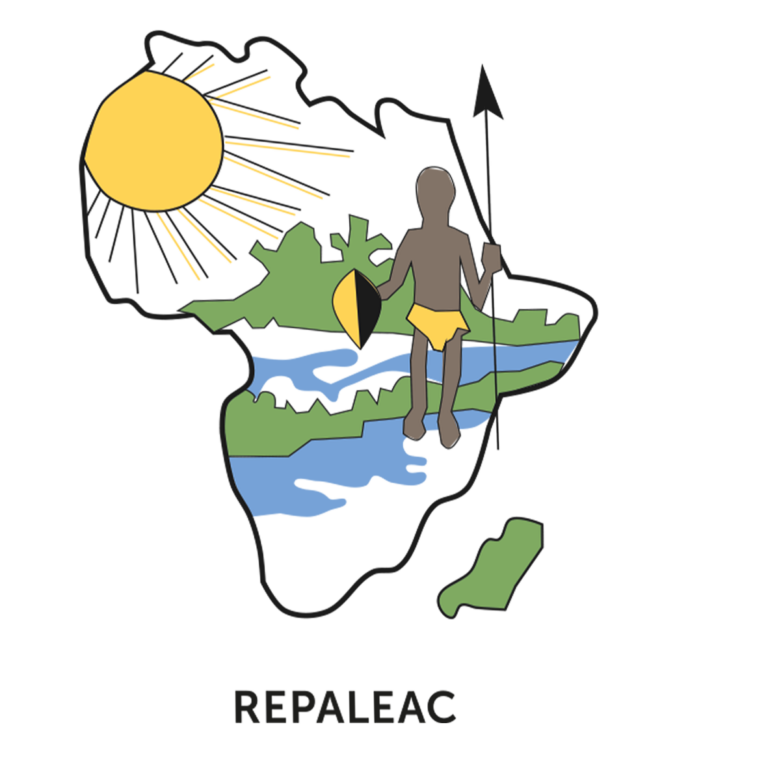
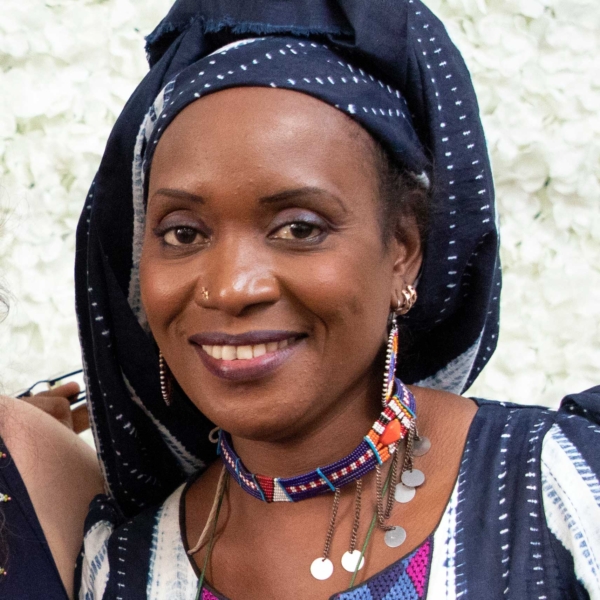
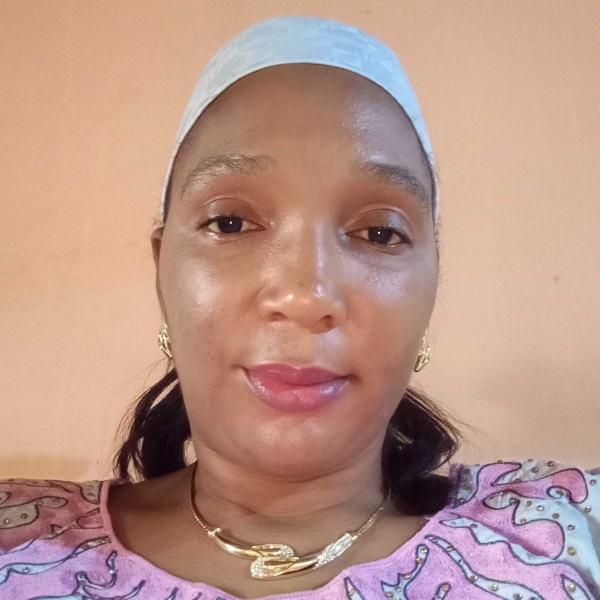 Balkisou Buba, a Cameroonian social worker hailing from the Mbororo Fulani Pastoralist community, champions indigenous rights as Founder and President of IPSD-Cameroon, Vice National Coordinator of REPALEAC Cameroon, and former Assistant Observer for French Africa at the World Bank. A 2015 Mandela Washington Fellow, she’s an advocate for empowering women, youth, and indigenous minorities.
Balkisou Buba, a Cameroonian social worker hailing from the Mbororo Fulani Pastoralist community, champions indigenous rights as Founder and President of IPSD-Cameroon, Vice National Coordinator of REPALEAC Cameroon, and former Assistant Observer for French Africa at the World Bank. A 2015 Mandela Washington Fellow, she’s an advocate for empowering women, youth, and indigenous minorities.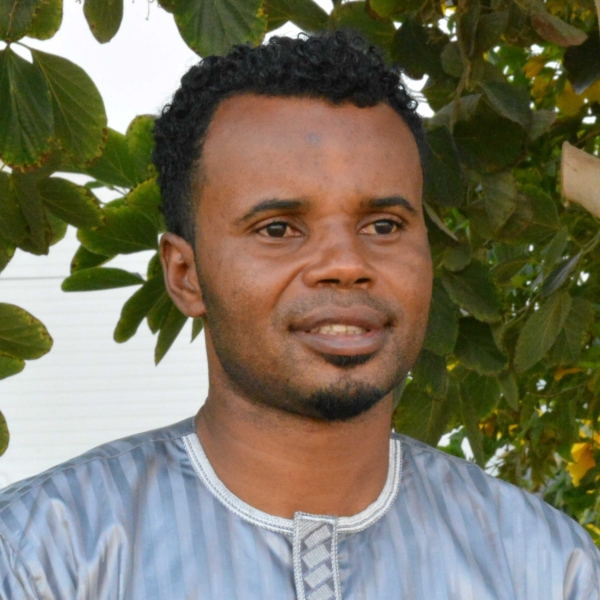 Basiru Isa, Regional Secretary General of REPALEAC in Central Africa, holds a Master’s Degree in Anthropology from the University of Yaoundé. With over 12 years of experience, he specializes in human rights, livelihoods, and pastoral/farming activities. Basiru has supported indigenous communities, including working with MBOSCUDA on conflict resolution, and collaborating with local organizations across multiple countries in the region.
Basiru Isa, Regional Secretary General of REPALEAC in Central Africa, holds a Master’s Degree in Anthropology from the University of Yaoundé. With over 12 years of experience, he specializes in human rights, livelihoods, and pastoral/farming activities. Basiru has supported indigenous communities, including working with MBOSCUDA on conflict resolution, and collaborating with local organizations across multiple countries in the region.